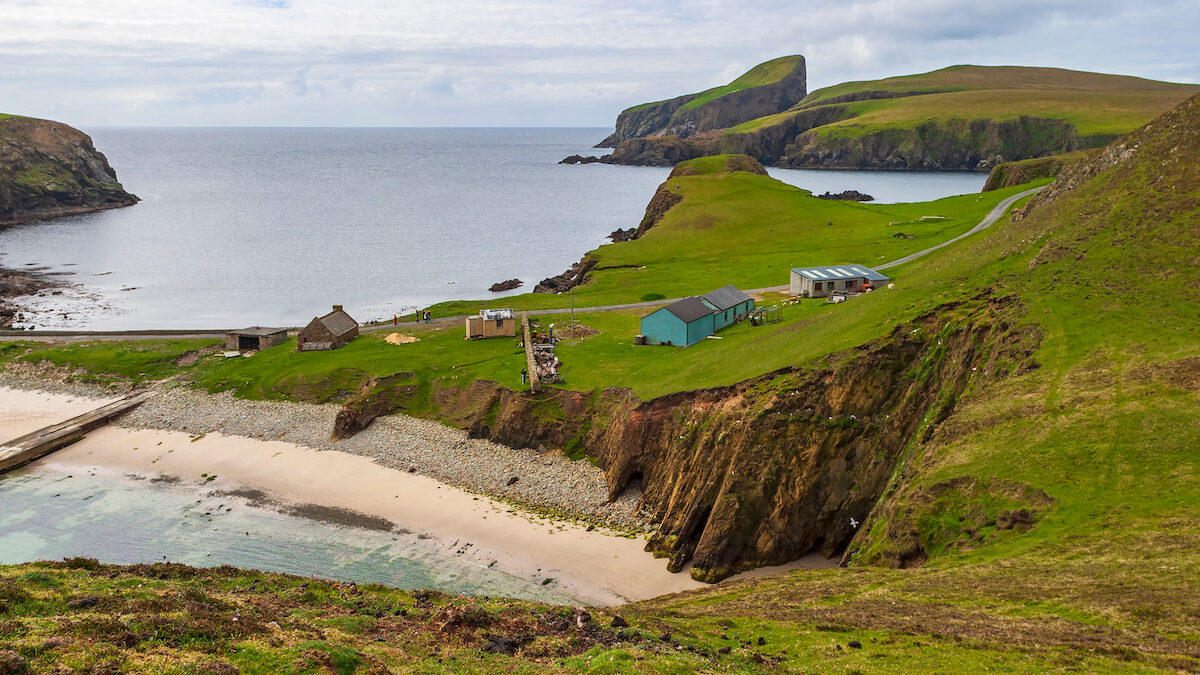Scotland’s highlands and islands region is working with their ‘Nordic neighbours’ on exploring how emerging technologies can help seafood businesses.
A project led by Highlands & Islands Enterprise – in collaboration with nations in the northernmost regions of Europe and the Arctic – will look at which technologies, such as blockchain, internet of things and artificial intelligence, are most applicable to the marine economy.
The transnational project, called ‘DisruptAqua’, is worth €155,000 and is being supported by the European Union’s Northern Periphery and Arctic Programme (NPA) 2014-2020.
As the demand for fish is increasing, the innovative use of existing and new technologies is required. This 18-month project will examine cutting-edge approaches to sustainably grow activity in our region’s marine economy.
HIE will work with Nofima, the aquaculture, fisheries and food research institute, based in Tromsø, in North Norway and the Icelandic Ocean Cluster, which connects entrepreneurs, businesses and knowledge in the marine industries. They will research how new technologies can be used by businesses in the Highlands and Islands and elsewhere in the Northern periphery.
The NPA programme brings together the northernmost regions of Europe and the Arctic, including parts of Finland, Sweden, Ireland, Scotland, Northern Ireland and Norway, along with the whole of Iceland, Greenland and the Faroe Islands.
DisruptAqua will explore what specific ICT technologies such as blockchain, internet of things and artificial intelligence are most suitable for Arctic seafood businesses. The benefits and costs will be examined as well as better understanding the route to practical application.
Cabinet Secretary for the Rural Economy Fergus Ewing said: “This project promotes the innovative use of existing and new technologies, helping the industry meet the increasing demand for fish and supporting high skilled jobs. It will not only help seafood businesses in remote regions harness the potential of new technologies, it will also strengthen our trade and investment links with our Nordic neighbours.”
Some research has already been carried out by partners on how new solutions could be used by businesses to add value to their products while ensuring sustainable production.
The NPA programme has clocked up hundreds of projects, on topics such as supporting SMEs with accessing innovation, developing new approaches to services delivery, tackling marine litter and supporting women entrepreneurs in sparsely populated communities. The programme aims to generate vibrant, competitive and sustainable communities across Europe’s most remote regions, through innovation, entrepreneurship and growth initiatives.
Its contribution to the sustainable development of the wider Arctic region is recognised by the Scottish Government, and the EU Commission.
Despite geographical differences, the large programme area shares common features, including low population density, low accessibility, low economic diversity, abundant natural resources, and high impact of climate change. This unique combination of features results in joint challenges and joint opportunities that can best be overcome and realised by transnational cooperation.
The DisruptAqua project has secured €85,000 from NPA, supported by the European Regional Development Fund (ERDF). HIE’s contribution is €17,500 and brings in a further €35,500 from ERDF, and the rest made up from the other partners.
Elaine Jamieson, head of food and drink at HIE, said: “Aquaculture is an important economic activity in parts of the Arctic region. Scotland has been cooperating with our Northern Periphery and Arctic neighbours for over 25 years on addressing common challenges and opportunities and delivering tangible outcomes to businesses and communities in the sparsely populated areas in the north.
“We are especially delighted to lead on this project in light of the recently launched Scottish Government’s Arctic Policy Framework which recognises the need for even closer Scottish-Arctic cooperation.
“The model developed through this project will build on the existing knowledge across Scotland, Norway and Iceland. It will help ensure blockchain traceability of high value seafood products through the supply chain, from primary producer to consumer, ensuring value associated with provenance, environmental stewardship, quality and trust.”




